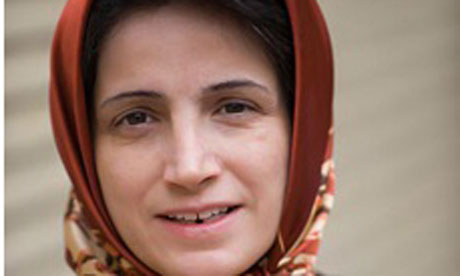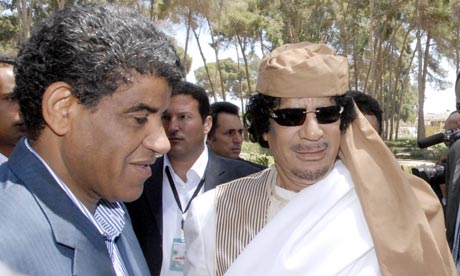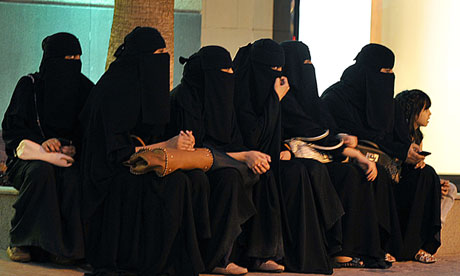By Justin Dorman
Impunity Watch Reporter, Middle East
TEHRAN, Iran – Recent Sakharov Prize winner and Iranian human rights attorney Nasrin Sotoudeh has been released from Evin prison. Her release is only a temporary furlough that is set to last just three days. Sotoudeh has spent roughly more than two years in jail thus far.

Currently, Sotoudeh is serving a six-year prison sentence and a ten-year ban on practicing law for “acting against national security and propaganda against the regime.” She was arrested for providing legal services in human rights cases for activists who were viewed unfavorably by the Iranian authorities. Many believe it was her specific representation of Shirin Ebadi, the Iranian Nobel peace prize laureate who is living in exile, that upset the Iranian authorities.
Throughout the course of her detainment, Sotoudeh was often held in solitary confinement. Additionally, her family was harassed with international travel bans, and Sotoudeh was frequently denied access to family visitation and telephone communication. She was also denied the right to attend her father’s funeral who died while she was in jail; although, she was allowed to attend her mother’s who also died around the same time. In an effort to protest such harassment, Sotoudeh began to partake in a hunger strike.
She wrote to her children, “I know that you require water, food, housing, a family, parents, love, and visits with your mother. . . However, just as much, you need freedom, social security, the rule of law, and justice.”
After a forty-nine day hunger strike, Sotoudeh finally began eating again once her daughter’s travel ban was lifted in early December.
Since the start of her temporary release, it has been reported that Sotoudeh weighs just ninety-five pounds. Drewery Dyke of Amnesty International stated that, “We urge the Iranian authorities to confirm an extension to this period of leave, to allow Nasrin to get any medical checks which she may not have received in Evin prison.”
Besides for an extension of her furlough for health reasons, Amnesty International further urges the Iranian government to release Sotoudeh indefinitely. Dyke added, “In order to abide by human rights commitments, though, her conviction should be overturned and she should be released unconditionally.”
Amnesty International was thrilled to hear of Sotoudeh’s three-day release, however, Dyke believes, “Nasrin shouldn’t have been imprisoned in the first place.”
For further information, please see:
Eurasia Review – Iran: Human Rights Lawyer Nasrin Sotoudeh Given First Furlough – 18 January 2013
Women News Network – Imprisoned Iran Rights Attorney Ms. Nasrin Sotoudeh Gets 3 Day Release – 18 January 2013
Guardian – Iranian Human Rights Lawyer Nasrin Sotoudeh Temporarily Freed – 17 January 2013
Amnesty International – Iran: Further Information: Lawyer Ends Hunger Strike but Still Detained: Nasrin Sotoudeh – 7 December 2012



